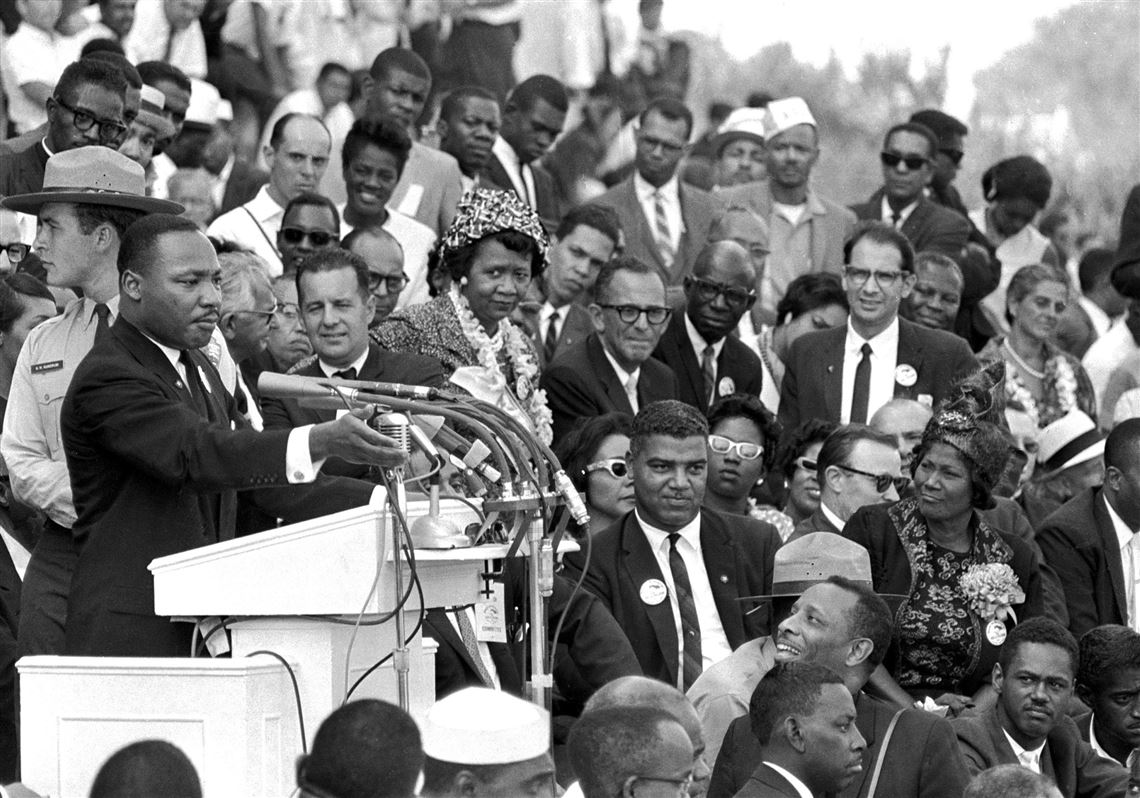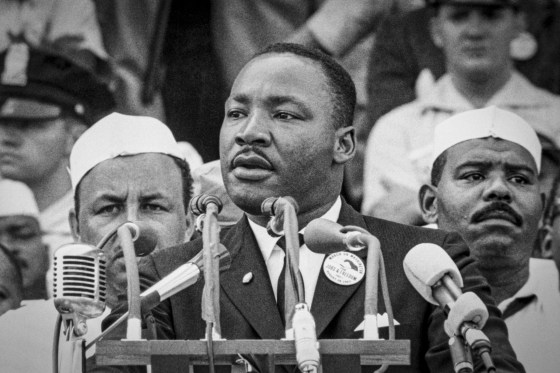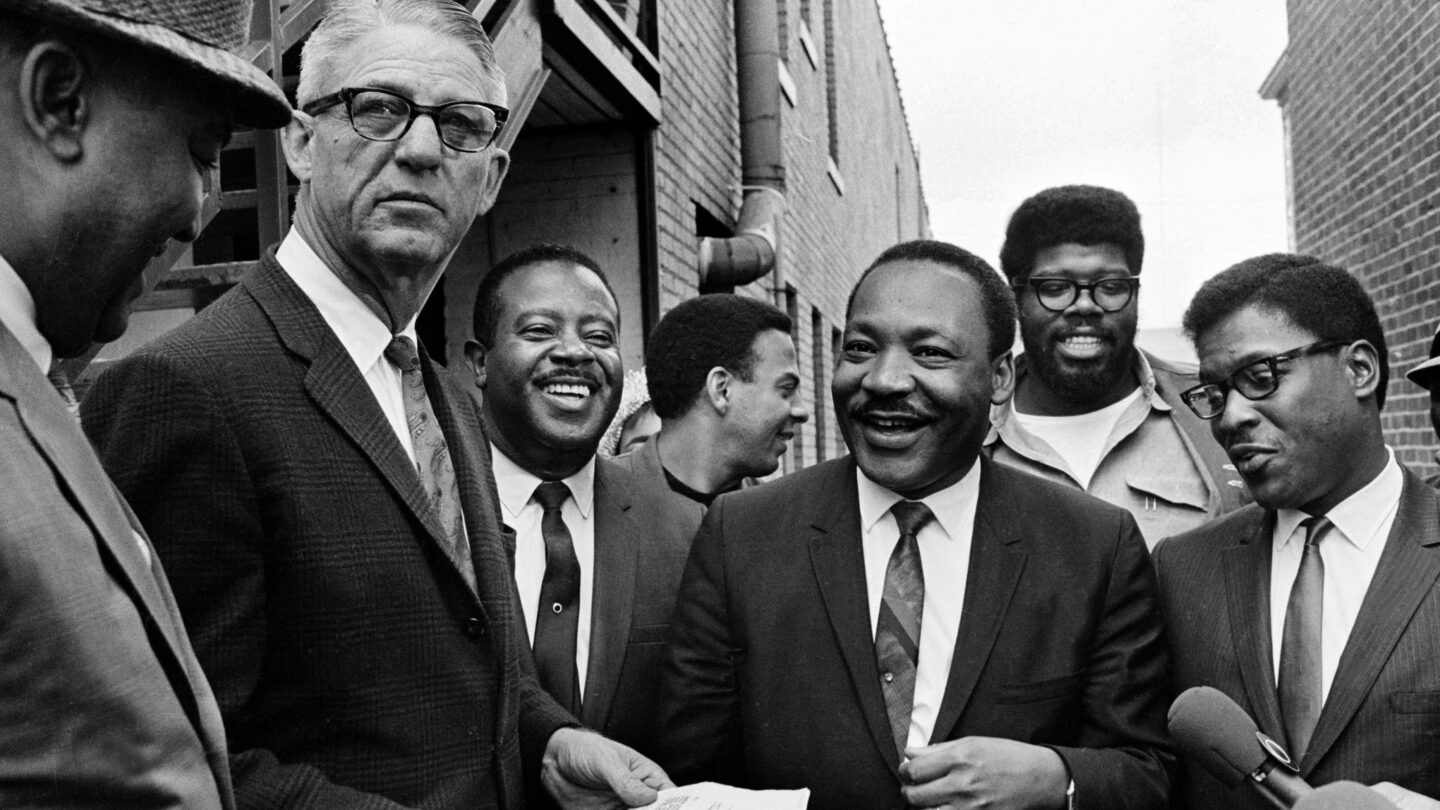Trump Administration Unseals FBI Files on MLK Jr. Despite Family's Opposition

The Trump administration, led by Director of National Intelligence (DNI) Tulsi Gabbard, publicly released over 230,000 pages of FBI records related to the assassination of Dr. Martin Luther King Jr. on July 21, 2025. This action, undertaken in partnership with the Justice Department, CIA, National Archives, and FBI, has sparked controversy, particularly due to the strong opposition from the King family.
The National Archives made 243,496 pages of digitized records available online, marking the first time these specific documents have been released in a single collection with minimal redactions. The release includes 6,301 PDF files and 1 MP3 audio file.
King Family's Reaction: Grief and Calls for Historical Context

Dr. King's two living children, Martin Luther King III, 67, and Bernice King, 62, were given advance notice and allowed to review the records before their public disclosure. They issued a statement expressing that the assassination remains an "intensely personal grief" and urged the public to engage with the files "with empathy, restraint, and respect for our family's continuing grief."
The King family emphasized the importance of viewing the files within their full historical context, acknowledging the FBI's historical surveillance of King. This surveillance has long been a point of contention, with the family asserting that the FBI's actions were part of an "invasive, predatory, and deeply disturbing disinformation and surveillance campaign" against their father.
Key Figures and Institutions Involved

Several key entities played significant roles in the release of these files:
- The Trump Administration: President Donald Trump, DNI Tulsi Gabbard, and Attorney General Pamela Bondi framed the release as a step towards transparency. President Trump initially promised to release the files during his campaign.
- The King Family: Martin Luther King III and Bernice King voiced their opposition and concerns about the release.
- Southern Christian Leadership Conference (SCLC): The civil rights group co-founded by King opposed the release, citing the FBI's alleged illegal surveillance of King and other civil rights figures.
- FBI: The agency conducted surveillance on Martin Luther King Jr. and investigated his assassination. Historically, FBI Director J. Edgar Hoover showed a strong interest in King.
- CIA: The agency was involved in the release, with some newly declassified records outlining overseas intelligence related to the hunt for James Earl Ray.
- National Archives and Records Administration (NARA): The organization responsible for making these records available to the public.
Historical Timeline: From Assassination to File Release

- April 4, 1968: Dr. Martin Luther King Jr. was assassinated in Memphis, Tennessee.
- 1977: The FBI gathered and turned over records concerning King's assassination to the National Archives, where they were placed under a court-imposed seal intended to last until 2027.
- January 23, 2025: President Donald J. Trump signed Executive Order 14176, directing agencies to declassify and release records related to the assassinations of President John F. Kennedy, Senator Robert F. Kennedy, and Dr. Martin Luther King Jr.
- March 2025: JFK assassination records were unsealed.
- April 2025: Some RFK assassination files were disclosed.
- July 21, 2025: Over 230,000 pages of MLK Jr. assassination files were released.
Controversy and Public Reaction

The release has been met with mixed reactions, largely centered around the following points:
- Family Opposition: The King family's disapproval highlights the sensitive and personal nature of these files. Their concerns over the FBI's past actions against Dr. King add another layer to the controversy.
- Transparency vs. Distraction: While the Trump administration presents the release as a move towards transparency, some, like Rev. Al Sharpton, see it as a distraction from other issues. Bernice King echoed this sentiment, referencing the Jeffrey Epstein files.
- Potential Lack of New Information: It remains unclear whether the newly released documents contain significant new information about King's life, the Civil Rights Movement, or his assassination. Many historical details regarding the FBI's surveillance have been previously documented.
The Shadow of Conspiracy Theories

The King family's belief that James Earl Ray was not solely responsible for the assassination, coupled with a 1999 civil court jury finding of a conspiracy involving "government agencies," means the release could fuel existing conspiracy theories surrounding King's death. While previous official findings, such as Justice Department reviews in 1977 and 2000, have asserted Ray acted alone, the 1970s House Select Committee on Assassinations found a likely conspiracy but no government involvement.
James Earl Ray pleaded guilty to assassinating King but later recanted his plea and maintained his innocence until his death in 1998.